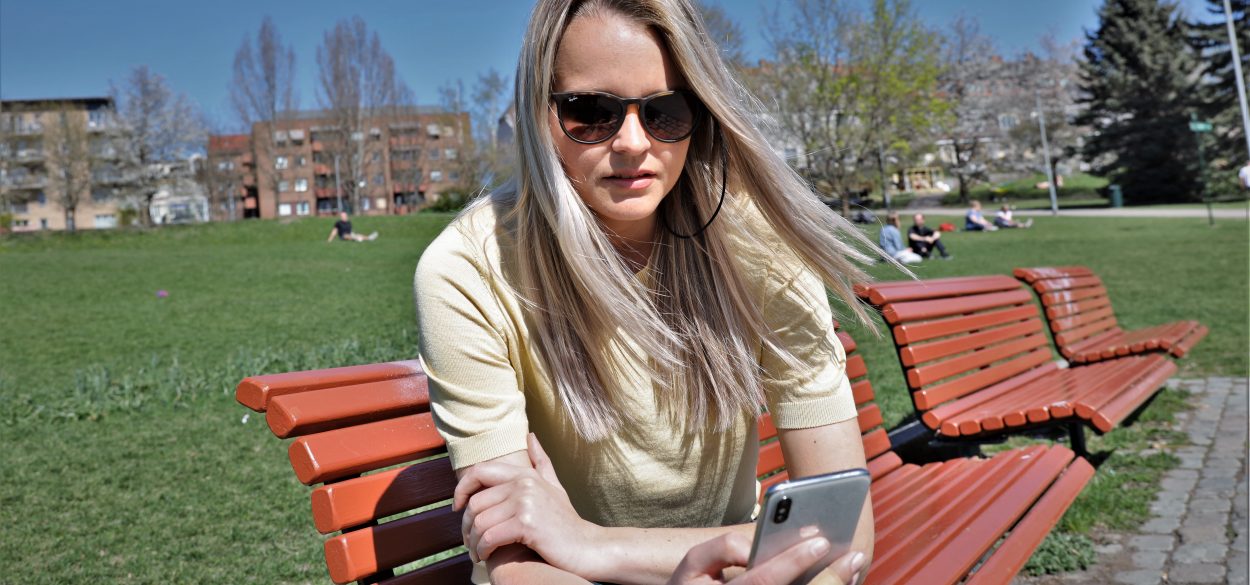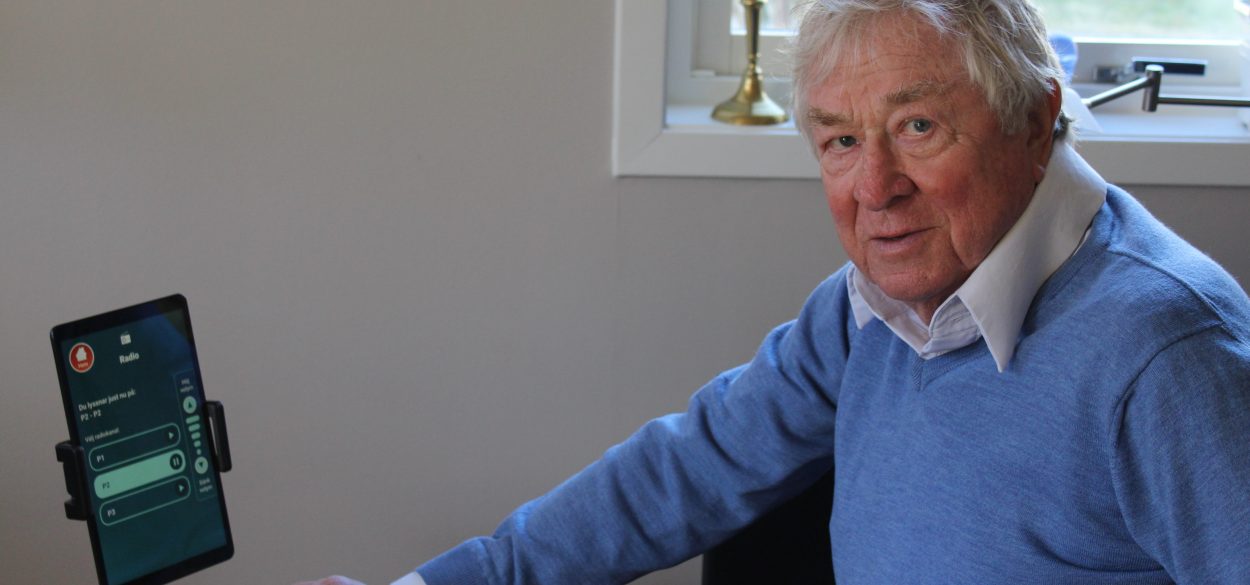
The last taboo – loneliness
Include
Enabling participation for all
Include means that Telenor is committed to equality, by enabling connectivity for all and driving greater societal inclusion through it.
“One minute of instruction could connect them to the world,” says psychologist Øyvind Hofsø. Don’t let happy social media posts fool you as to the level of a person’s happiness.
Very few of us dare to admit that we are, in fact, lonely.
“Loneliness is really the last taboo of mental health. As a society, we have become more open to talking about depression or anxiety,” explains Øyvind Hofsø, a trained psychologist and leadership development expert at Telenor Group.

25 per cent of your friends and family might feel lonely
Recent population health data in Norway, called HUNT, revealed that one out of every four Norwegians says that sometimes they feel lonely. Taking into consideration the considerable barriers to even admitting loneliness, the numbers could be much higher, according to Hofsø.
“Loneliness is not a diagnosis. But it’s something that can lead to one, such as depression. Being lonely is the experience of feeling that you do not have anyone. Even having just one close relation is enough to reduce or prevent loneliness.”
Hofsø identifies two key risk groups. The first are the elderly, which may be the easier group to identify. They may live alone or in a senior home, and with the onset of COVID-19 restrictions, they are now unable to receive visits from family or other loved ones. The second group is harder to spot. It’s adolescents, who may appear to be extremely social, regularly engaging with their 500+ connections on Instagram.
“The key to preventing loneliness is to have a meaningful connection with another human being, emphasis on the word meaningful. Five hundred friends on Snapchat is not meaningful. But a friend to call when you’re upset or simply want to talk, is meaningful.”
I just video called to say I love you
Hofsø explains that human beings are a herd species and being alone is not natural for us. The most important thing we can do, according to the experienced psychologist, is to be a bit more aware of the people in our network, ask more questions, and make an effort to maintain meaningful connections despite our physical distance.
The Swedish government was particularly concerned about the hardships that seniors were experiencing, as COVID-19 forced them into isolation. On top of that, there’s the added difficulty of introducing video calling tools to a generation that may not intuitively grasp the functionality.
Telenor Sweden and app developer Loopeli teamed up to tackle this challenge, providing tablets with a super simple video calling interface to seniors so that they can just click and call their loved ones. So far, 100 tablets have been distributed at no charge, and the two partners have a shared ambition to get many more out there, to as many elderly as possible.
“One minute of instruction could connect them to the world. And if it’s simply not possible to get them connected, the next best thing is to do the things we would have done 30+ years ago. Send a postcard, a picture, even write a letter. It’s still possible. And it reminds that person that you are in their life,” says Hofsø.

One less lonely world
These days, anyone can be at risk. Don’t let happy social media posts fool you as to the level of a person’s happiness. As Hofsø says, real connections come through real dialogue. It’s the interaction that’s key.
“Focus on personal interactions; create meaningful conversations. This is more important now than ever.”